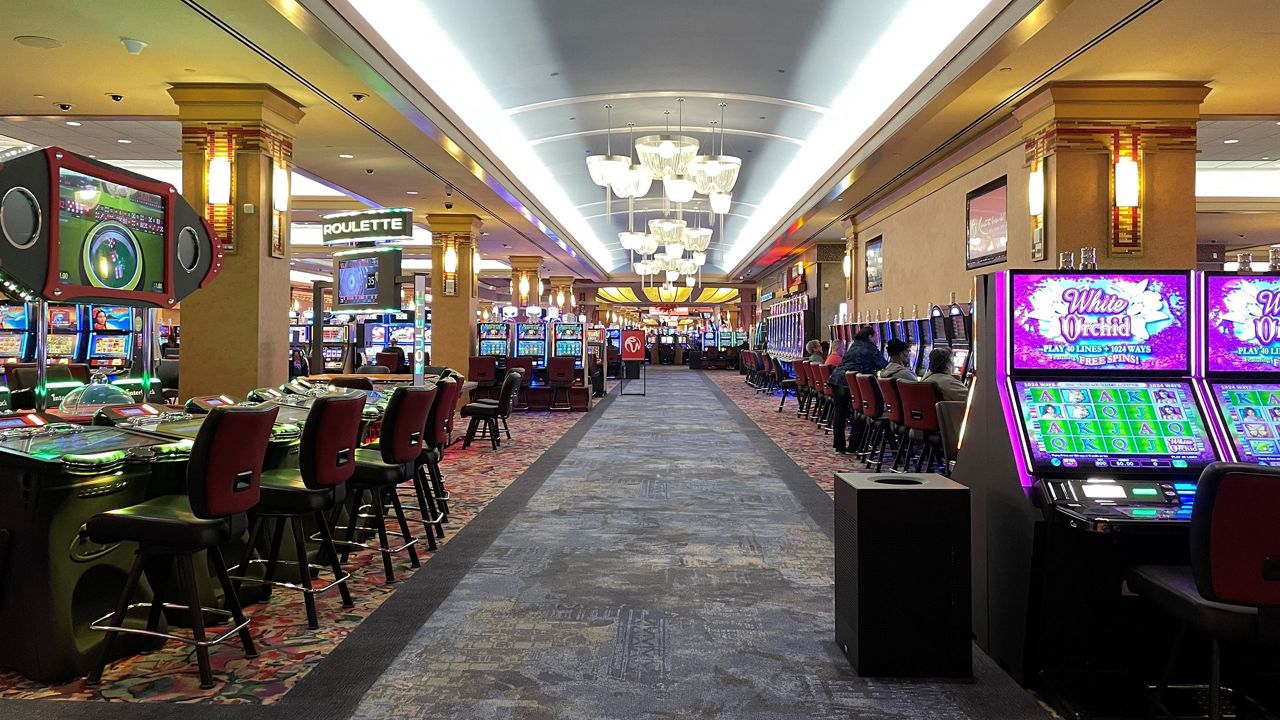This realm of gaming entertainment is continually changing, driven by developments in technology, shifting player demands, and new trends. As we gaze towards the next years, it is crucial to stay aware about the developments that are probable to shape the upcoming of this dynamic industry. From the rise of innovative play experiences to the incorporation of state-of-the-art technology, gambling games are experiencing a revolution that pledges to enhance entertainment and involvement for gamers.
As the landscape shifts, new patterns are surfacing that appeal to a varied audience seeking unique and immersive play experiences. The fusion of traditional favorites and contemporary twists is redefining how gamers engage with casino games. In this article, we will examine the most notable trends to watch, offering insights into how they may affect both gamers and operators alike.
New Advancements in Casino Gaming
The world of gaming play is prepared for major evolution as new innovations start to change the way participants interact with their preferred activities. One of the most prominent trends is the incorporation of VR (and) AR into experiences. These advancements create engaging environments that permit players to experience as if they are located at a physical setup in a casino, giving a level of involvement that traditional digital gaming cannot equal. As virtual reality and augmented reality turn more attainable, we can look forward to a surge in groundbreaking experiences that go beyond the limitations of brick-and-mortar and digital gaming venues.
Another important innovation is the incorporation of AI in game design and gamer engagement. AI can review gamer habits and likes, enabling gambling establishments to tailor gaming sessions and enhance user experience. This technology not only elevates gaming suggestions but also assists in developing adaptive game mechanics that evolve based on player skill levels. Casinos are utilizing artificial intelligence to optimize their operations, guaranteeing that they deliver captivating and customized encounters that ensure players returning for additional.
Distributed ledger technology is also gaining attention in the gambling sector, notably in online gaming. By offering clarity and security, blockchain allows gamblers to verify the fairness of games and safely manage their transactions. With virtual currencies gaining acceptance, more casinos are beginning to take cryptocurrency, appealing to a technology-oriented demographic that values privacy and rapid trades. As these innovations continue to mature, they promise to change the gaming play industry, making it more secure and accessible to a worldwide community.
Shifts in Participant Choices
As the landscape of gaming changes, participants are increasingly leaning towards more immersive experiences. Traditional slot machines and card options are being replaced by high-tech alternatives that incorporate advanced graphics and interactive features. Gamers are desiring engagement beyond mere chance, which is leading to a increase in games that mix skill with fortune. This transition marks a desire for entertainment that not only offers the opportunity for prizes but also delivers an engaging narrative or thematic journey.
Mobile play continues to influence player habits significantly. With the growth of smartphones, many players now prefer to enjoy their preferred casino games on-the-go rather than entering brick-and-mortar venues. This ease has encouraged online gambling sites to enhance their smartphone platforms, offering a seamless transition from desktop to on-the-go gameplay. As the tech improves, gamers will have availability to an even broader range of options that can be enjoyed at any time and everywhere, aligning with the rapid lifestyle many adopt today.
Furthermore, community-driven play is transforming how players interact with gambling games. The inclusion of community features, such as sharing achievements or competing with peers, is becoming common. Individuals appreciate the camaraderie and feeling of community that social play offers, changing the solitary character of traditional casino titles into a more shared interaction. This movement emphasizes the significance of social interaction in play and suggests that upcoming innovations will likely focus on enhancing these features to meet player demands.
Compliance Changes Affecting Gaming Houses
In the past few years, regulatory reforms have considerably transformed the landscape of gambling games. Governments globally are increasingly recognizing the importance of overseeing digital gambling to guarantee player safety and accountable gaming. This shift has led to stricter licensing criteria and clarity measures for online casinos, ultimately transforming how they operate and attract to players. As regulations become stricter, casinos must modify their offerings and marketing strategies to comply, impacting the types of games and promotions available.
The growth of legal sports betting in multiple jurisdictions has created a whole new category of casino games. As more states and countries allow sports wagering, casinos are expanding their game libraries to feature varied betting options. roda4d resmi This movement not only draws in sports enthusiasts but also improves the overall gaming atmosphere. Additionally, with the integration of technology, casinos are now capable of offering live betting and interactive gaming features that appeal to the modern player, building a dynamic environment that meets regulatory demands while maximizing engagement.
In the future, the regulatory landscape will likely evolve, potentially giving rise to new opportunities and challenges for casinos. Developments such as blockchain technology and cryptocurrency payments are growing in traction, prompting regulators to consider how to incorporate these elements safely into the gaming industry. As the regulatory system progresses, casinos that stay in front of the curve by aligning their practices with new laws will probably thrive, ensuring their games remain attractive and legitimate in an increasingly competitive market.
